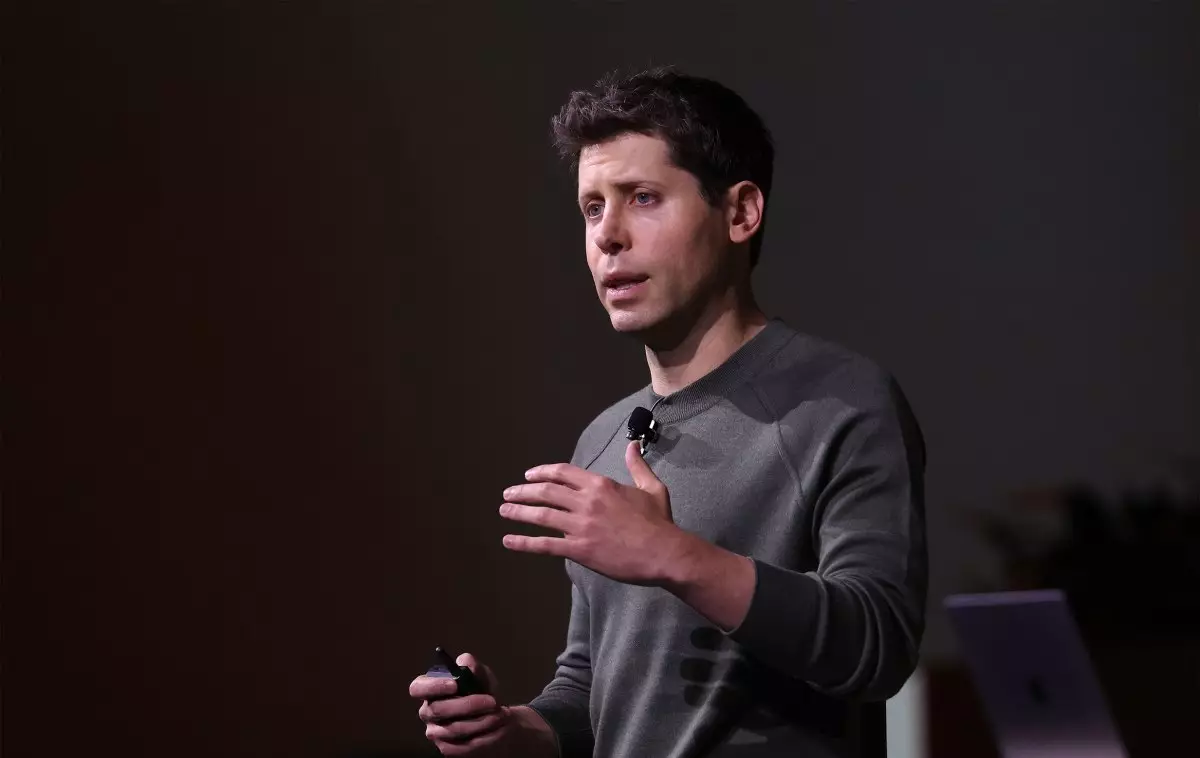As the landscape of artificial intelligence evolves, the anticipation surrounding OpenAI’s latest iteration, known as Operator, highlights the fine line between innovation and ethical responsibility. Scheduled for a potential release in January and recently hinted at by renowned leak specialist Tibor Blaho, this “agentic” AI system stands to revolutionize how users interact with their computers, performing various tasks autonomously—everything from coding to travel planning. However, this excitement is tempered by the need for critical scrutiny of the system’s implications and performance metrics.
OpenAI’s Operator is characterized as an independent system that can manage user tasks without constant supervision. This autonomy raises valuable questions about user dependency on AI and the possible obsolescence of human-driven operation. Reports from trusted outlets such as Bloomberg and The Information have corroborated the existence of Operator, marking it as a significant step in AI research focused on automation. Yet, the excitement is matched by caution. While such systems could enhance user efficiency, they also pose risks—potentially leading to misuse or errors in judgment if the tool operates beyond its parameters.
Through his findings, Blaho points to hidden options within the macOS ChatGPT client that hint at Operator’s capabilities. These options, indicating on/off toggles for Operator, suggest that OpenAI is intent on creating an intuitive interface for users. However, this raises concerns regarding how users will be trained to utilize such power responsibly. Furthermore, even with preliminary access to its functionality, understanding the operational limits of Operator is paramount to ensuring a safe user experience.
The leaked data regarding Operator’s performance presents a nuanced view of its capabilities. Ultimately, while it outperforms competitors like Anthropic’s models on some metrics, it remains significantly behind human capabilities. In particular, benchmarks show that it successfully handles tasks only about 60% of the time when signing up for cloud services and a stark 10% success rate for creating a Bitcoin wallet. Such statistics challenge the common perception that AI can seamlessly replace human operators, emphasizing the real-world challenges that remain.
Despite its inability to fully deliver on promised functionalities, these performance numbers carry vital implications. They signify that while OpenAI and others seek to cultivate an AI agent capable of resembling a human worker, they have not yet achieved this aspiration. The existence of these limitations should encourage developers and users alike to remain vigilant about their reliance on such technologies. Moreover, comparisons to other models underscore that being technically superior in some aspects does not inherently confer complete reliability.
As OpenAI prepares to jump into the competitive realm of AI agents, it does so amid a burgeoning market that some research analysts predict could exceed $47 billion by 2030. With competitors like Google and Anthropic also vying for stake, the pressure to innovate is higher than ever. However, the ethical ramifications of deploying such technology warrant thorough deliberation. Concerns have been raised by various experts regarding the rapid evolution of AI capabilities and their consequent impacts on personal safety and privacy.
Much like the tension reflected in Wojciech Zaremba’s recent criticism of Anthropic’s safety protocols, OpenAI is also navigating the tightrope of developing cutting-edge technology while ensuring user safety remains a top priority. These safety measures are integral, particularly as Operator may be used in daily activities where erroneous outcomes can have significant repercussions.
As we approach the potential launch of OpenAI’s Operator, excitement coexists with significant scrutiny. Whether this tool will ultimately enhance user interactions with technology or introduce new complexities remains to be seen. Continuous assessments of not only its capabilities but also its ethical framework will be essential post-launch. In the fast-paced world of AI, the integration of human oversight alongside such advanced tools must evolve hand-in-hand to ensure that innovation does not outpace responsibility.
With our future increasingly entwined with AI, it’s paramount to engage thoughtfully with these technologies, fostering innovation while mitigating risks. The conversation around AI tools like Operator must emphasize collaboration between developers, users, and ethicists to navigate the promising yet uncertain paths ahead.

